Content Menu
● Introduction
● What is White Label Swimwear?
>> Characteristics of White Label Swimwear
>> Examples of White Label Swimwear Brands
● What is Private Label Swimwear?
>> Characteristics of Private Label Swimwear
>> Examples of Private Label Swimwear Brands
● Key Differences Between White Label and Private Label Swimwear
>> Ownership and Branding
>> Customization Options
>> Pricing Strategies
>> Target Market Considerations
● Advantages and Disadvantages
>> Pros and Cons of White Label Swimwear for Brands
>> Pros and Cons of Private Label Swimwear for Brands
● Choosing the Right Option for Your Brand
>> Factors to Consider When Deciding
>> Case Studies of Brands That Successfully Used Each Model
● Conclusion
● Call to Action
● Related Questions and Answers
>> 1. What are the main benefits of using white label swimwear manufacturers?
>> 2. How can private label swimwear help build brand loyalty?
>> 3. What factors should brands consider when choosing between white label and private label?
>> 4. Can white label swimwear be customized?
>> 5. What is the typical turnaround time for private label swimwear production?
Introduction
In the competitive world of swimwear, brands often seek ways to differentiate themselves while managing costs and production efficiency. Two popular strategies that brands can adopt are white label and private label swimwear. Understanding the differences between these two approaches is crucial for brands, wholesalers, and manufacturers looking to navigate the swimwear market effectively. This article will explore the definitions, characteristics, advantages, and disadvantages of white label and private label swimwear, providing insights for brands considering these options.
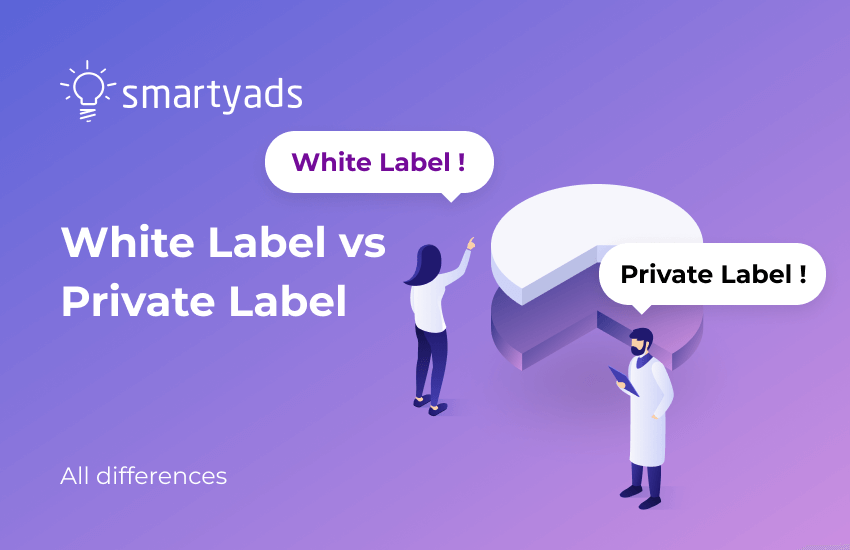
What is White Label Swimwear?
White label swimwear refers to products that are manufactured by one company and sold under another company's brand name without any customization. Essentially, white label products are generic items that can be rebranded by various retailers.
Characteristics of White Label Swimwear
White label swimwear typically features the following characteristics:
- Standardized Designs: The designs are often pre-made and available for multiple brands to use. This means that the same swimwear design can be found under different brand names.
- Limited Customization: While some minor adjustments may be possible, the level of customization is generally low compared to private label options.
- Cost-Effective: White label swimwear is usually more affordable for brands since they do not incur the costs associated with design and development.
- Quick Turnaround: Because the products are already manufactured, brands can quickly stock their inventory and respond to market demands.
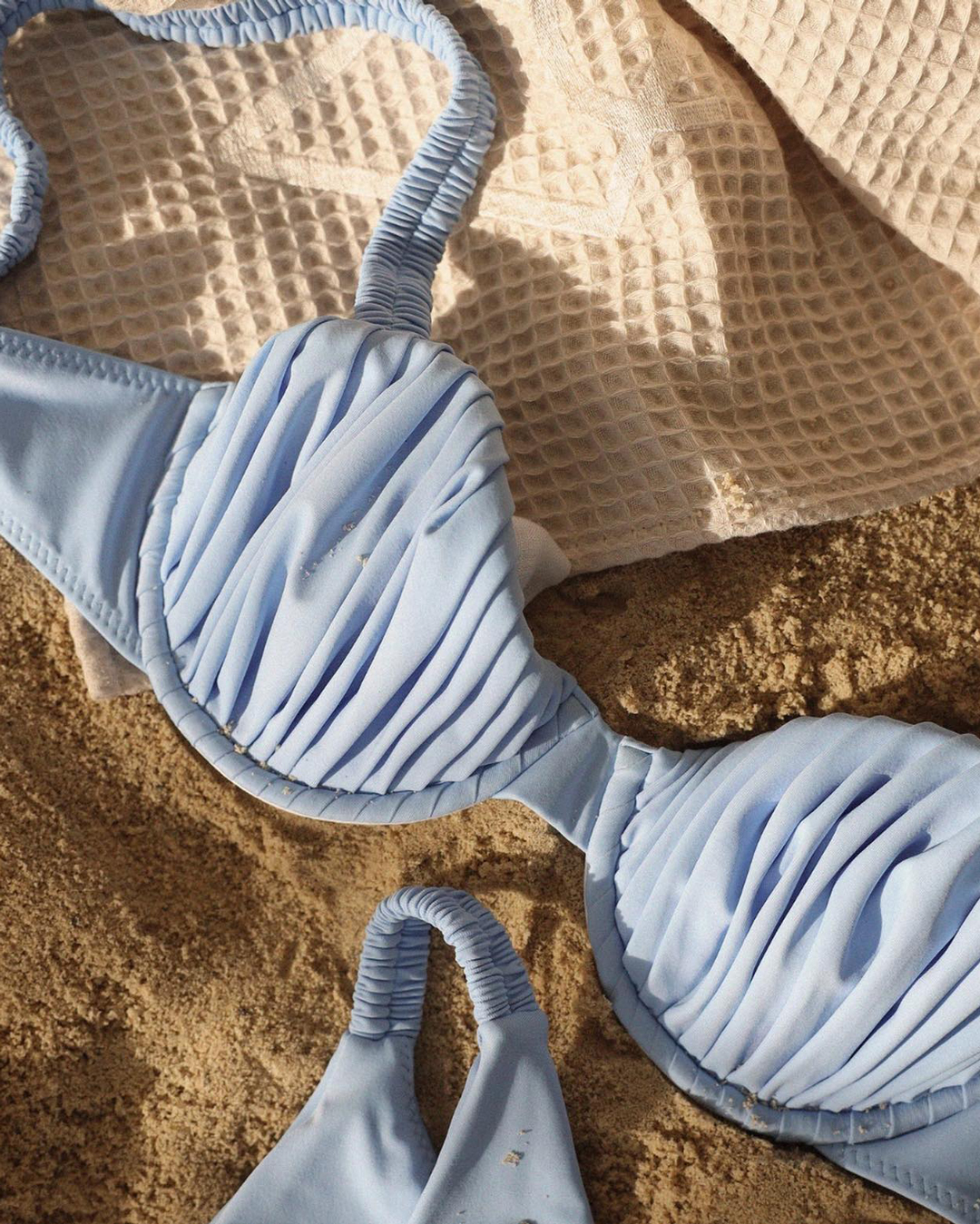
Examples of White Label Swimwear Brands
Many retailers utilize white label swimwear to expand their product offerings without significant investment. For instance, large department stores often sell white label swimwear under their own brand names, allowing them to provide a variety of styles at competitive prices.
What is Private Label Swimwear?
Private label swimwear, on the other hand, is produced by a manufacturer specifically for a retailer, allowing for greater customization and branding. This means that the swimwear is designed and manufactured according to the retailer's specifications.
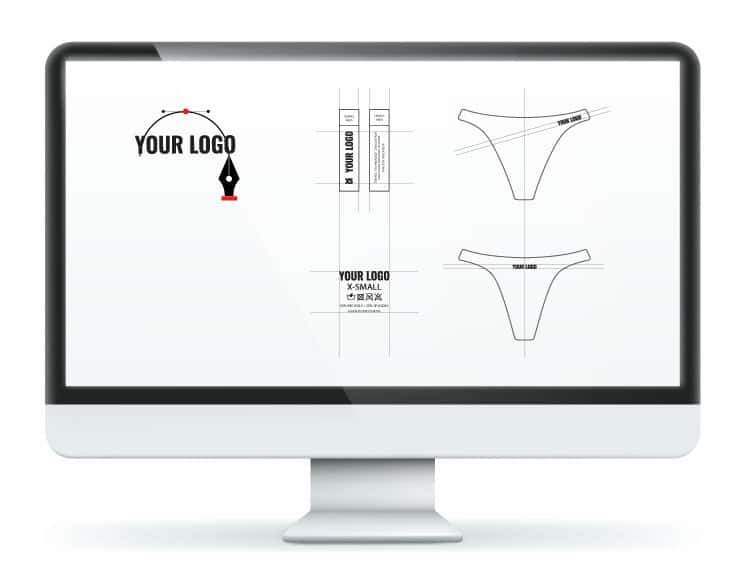
Characteristics of Private Label Swimwear
Private label swimwear has distinct characteristics, including:
- Custom Designs: Retailers can create unique designs that reflect their brand identity, making their products stand out in the market.
- Higher Customization: Brands have more control over materials, colors, and styles, allowing them to cater to specific customer preferences.
- Brand Exclusivity: Private label swimwear is exclusive to the retailer, which can enhance brand loyalty and recognition.
- Potentially Higher Margins: Due to the unique nature of the products, private label swimwear can often be sold at higher price points, leading to better profit margins.
Examples of Private Label Swimwear Brands
Many boutique swimwear brands operate under a private label model, allowing them to offer exclusive designs that appeal to niche markets. For example, a boutique may collaborate with a manufacturer to create a unique line of swimwear that reflects the latest fashion trends.
Key Differences Between White Label and Private Label Swimwear
Understanding the key differences between white label and private label swimwear is essential for brands looking to make informed decisions about their product offerings.
Ownership and Branding
The primary difference lies in ownership and branding. White label swimwear is produced by manufacturers and sold under various brand names, while private label swimwear is created specifically for one retailer, allowing for exclusive branding.
Customization Options
Customization is another significant difference. White label swimwear offers limited customization, while private label swimwear allows brands to tailor designs, materials, and features to meet their specific needs.
Pricing Strategies
Pricing strategies can also differ. White label swimwear is generally more affordable due to its standardized nature, while private label swimwear may command higher prices due to its unique designs and exclusivity.
Target Market Considerations
Brands must also consider their target market when choosing between white label and private label swimwear. White label products may appeal to budget-conscious consumers, while private label offerings can attract customers looking for unique, high-quality swimwear.

Advantages and Disadvantages
Both white label and private label swimwear come with their own set of advantages and disadvantages.
Pros and Cons of White Label Swimwear for Brands
Advantages:
- Cost-Effective: Lower production costs make it easier for brands to enter the market.
- Quick Launch: Brands can quickly introduce products without the lengthy design process.
- Variety: Access to a wide range of pre-made designs allows brands to offer diverse options.
Disadvantages:
- Limited Differentiation: With many brands using the same designs, it can be challenging to stand out.
- Less Control: Brands have limited influence over product quality and design.
Pros and Cons of Private Label Swimwear for Brands
Advantages:
- Unique Offerings: Custom designs help brands differentiate themselves in a crowded market.
- Brand Loyalty: Exclusive products can foster customer loyalty and repeat business.
- Higher Profit Margins: Unique products can be sold at premium prices.
Disadvantages:
- Higher Costs: Customization and production can lead to increased costs.
- Longer Development Time: The design and production process can take longer compared to white label options.
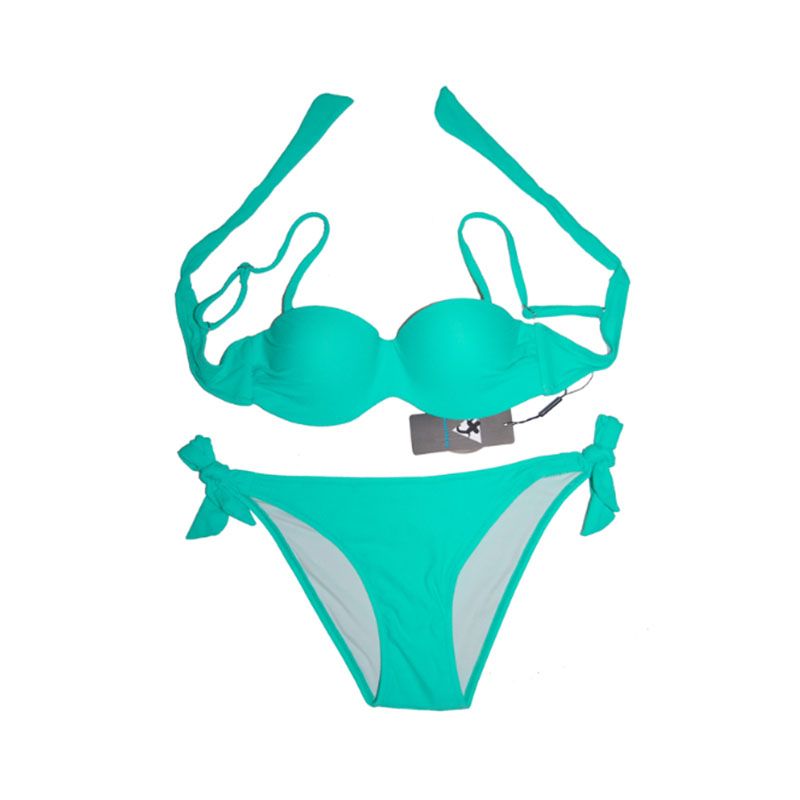
Choosing the Right Option for Your Brand
When deciding between white label and private label swimwear, brands should consider several factors:
Factors to Consider When Deciding
1. Budget: Assess your budget for production and marketing. White label options may be more suitable for brands with limited funds.
2. Brand Identity: Consider how important unique branding is to your business. If differentiation is key, private label may be the better choice.
3. Market Demand: Analyze market trends and customer preferences to determine which option aligns better with your target audience.
4. Production Timeline: Evaluate how quickly you need to launch your products. White label swimwear typically offers faster turnaround times.
Case Studies of Brands That Successfully Used Each Model
Several brands have successfully navigated the white label and private label landscape. For instance, a well-known athletic retailer may use white label swimwear to offer affordable options alongside their exclusive private label line, catering to different segments of their customer base. Conversely, a boutique swimwear brand may thrive on private label offerings, creating a loyal following through unique designs and high-quality materials.
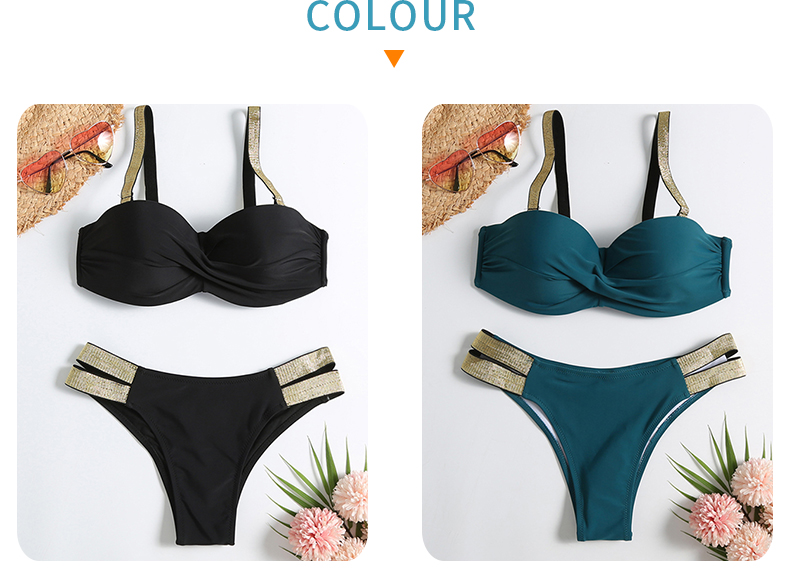
Conclusion
In conclusion, understanding the differences between white label and private label swimwear is essential for brands looking to succeed in the competitive swimwear market. Each option has its own advantages and disadvantages, and the right choice will depend on factors such as budget, brand identity, and market demand. By carefully considering these elements, brands can make informed decisions that align with their business goals.
Call to Action
For brands looking to explore OEM services for swimwear, it is essential to partner with reputable white label swimwear manufacturers. These manufacturers can provide a range of options to suit your needs, whether you are looking for cost-effective solutions or unique, customized designs. If you have any questions or would like to learn more about our services, please feel free to contact us.
Related Questions and Answers
1. What are the main benefits of using white label swimwear manufacturers?
- White label swimwear manufacturers offer cost-effective solutions, quick turnaround times, and a variety of pre-made designs, making it easier for brands to enter the market.
2. How can private label swimwear help build brand loyalty?
- Private label swimwear allows brands to create unique products that reflect their identity, fostering customer loyalty and encouraging repeat purchases.
3. What factors should brands consider when choosing between white label and private label?
- Brands should consider their budget, brand identity, market demand, and production timeline when deciding between white label and private label swimwear.
4. Can white label swimwear be customized?
- While some minor adjustments may be possible, white label swimwear typically offers limited customization compared to private label options.
5. What is the typical turnaround time for private label swimwear production?
- The turnaround time for private label swimwear can vary depending on the complexity of the designs and the manufacturer, but it generally takes longer than white label production due to the custom design process.





































































